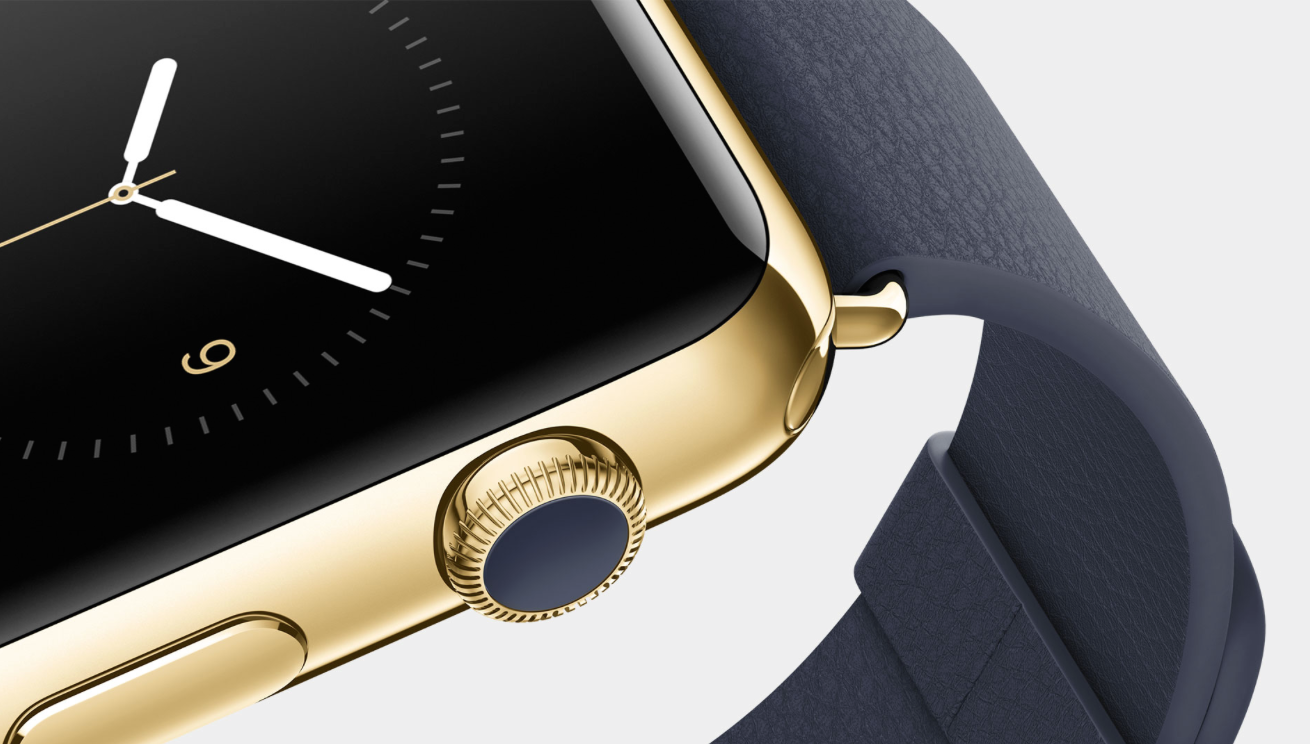
Apple's Day of Bling and Cha-Ching
The big event is over. Today, Apple announced iPhone 6 and 6 Plus, with 4.7-inch and 5.5-inch screens, respectively; Apple Pay; and Apple Watch. What we don't know is as important, if not more, than what we do. For example, Apple didn't pinpoint when in 2015 the smartwatch would be available or how long the battery will last. But Cook did discuss the ease of charging overnight, which probably indicates enough.
As I suggested three days ago, today's media event marks the beginning of the Tim Cook era, as he does things his way rather than Steve Jobs'. Notice how the CEO favors emphasizing the company brand over "i" this or that in product names. He also shed typical stern look for big, bold -- and frequent -- smiles. This is Cook's day.

Google reveals workaround for paid Android Wear apps
Even though Android can run paid apps without any problems whatsoever, the same cannot be said about Android Wear. Google's new operating system for wearables fails to install anything but free offerings, effectively preventing developers from making money.
That is not much of a problem now, as most Android Wear-designed apps are free. But, as the platform gains more traction, this could severely impact developers' interest. Google, however, has decided to reveal a workaround.

Google Capital -- investing in the future
Starting a business can be very tricky. First of all, you need the money to put up in order to get it going. If you have no money, starting from scratch can be impossible. Many people who dream of starting a business probably plan on making money from it. In other words, it is a Catch 22 situation.
Sadly, if you do manage to get your business off the ground, having it be profitable is something else altogether. It is not uncommon for a new business to fold. Even if your business plan and products are solid, that does not guarantee success. However, there may be a new lifeline for innovative young companies. Today, Google announces that it is looking to invest in up-and-coming solid businesses through Google Capital.
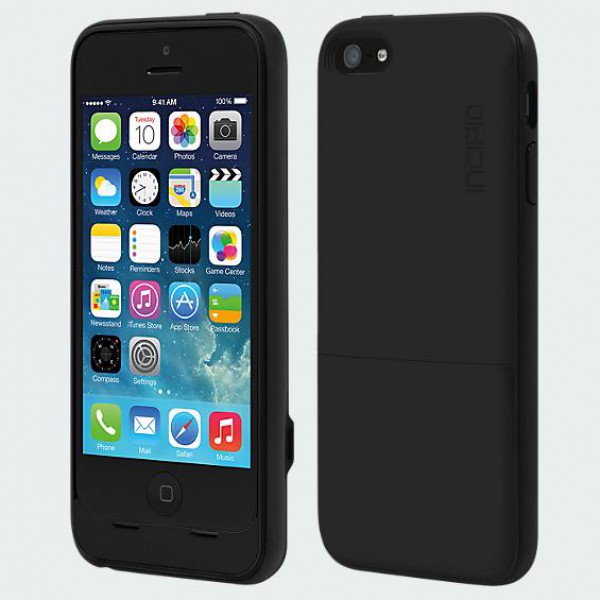
Verizon brings mobile payments to its iPhone-toting users
For many people across the globe making payments using their smartphones remains a thing of the future. Unlike credit and debit cards, for which there exist compatible devices in lots of locations to facilitate purchases, mobile payments require retailers to install new gadgets and smartphone owners to use special apps, which have to be supported by their bank and/or mobile operator of choice. It is a mess, really, at this point, as I have found out while trying to enable such a feature on my smartphone.
Mobile payments are easier to enable on smartphones which have NFC or a microSD card slot, and trickier to offer on handsets that do not. In the latter scenario, a case is needed in order for the feature to work. Luckily, for iPhone users on Verizon such an accessory and dedicated app are now available.

You should bank on T-Mobile
Brilliant is the only way to describe the Uncarrier's sudden and unexpected move into personal financial services, with today's launch of Mobile Money. T-Mobile effectively acts as your bank, providing consumers with prepaid visa cards, issued in cooperation with Bancorp, and no-fee access to about 42,000 ATMs nationwide.
But T-Mobile isn't strictly a bank but more of a cash dispensary and payments provider, an approach taken by mobile money services across Africa and Asia. Your money goes in -- whether by check, direct deposit or transfer by way of another Mobile Money account -- and is available to spend. T-Mobile promises no hidden activation, maintenance, or other fees.

Forget Facebook, Amazon launches 'login and pay'
We've grown rather accustomed to logging into web sites through the use of other services, most notably Facebook and Twitter. Now retail giant Amazon is stepping into the ring, and adding a financial twist to the concept.
Today the online behemoth announces its new "Login and Pay with Amazon" service, aimed at allowing "participating companies to empower customers to go from browsing to buying in just a few clicks using their Amazon account information".
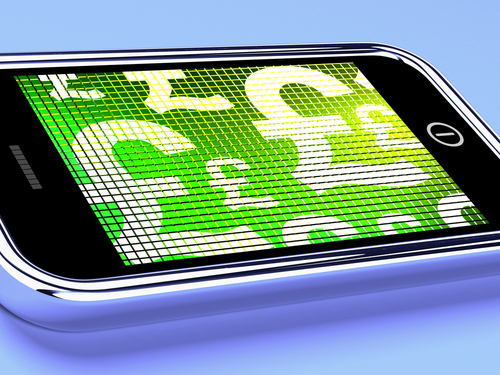
UK mobile owners will soon be able to send cash payments by text
When I need to make a payment or send money to someone, I use a bank app on my smartphone. It’s quick and easy, and I can check my balance beforehand to make sure I’ve got enough cash in my account. The app does require me to know the other person’s bank details though, and so isn’t particularly handy for making swift payments to just anyone.
Fortunately the Payments Council is working on a project that will make it possible for anyone living in the UK to send secure payments via text message. You won’t need to worry about account numbers or sort codes -- all you’ll need is the recipient’s mobile number.
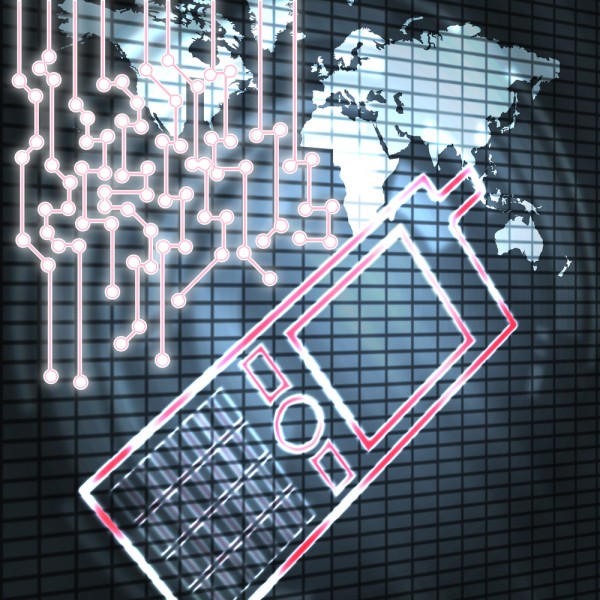
What the world's poorer nations can teach YOU about technology
In the last few weeks we’ve been bombarded with a series of really important new hardware or software announcements. Take your pick: iPad mini, Nexus 4 and Surface among many, many, many more. Commentary is relentless from so-called official pundits and overly excited users --what in the days of paper would have deforested an area of the planet the size of Brazil.
You know what? None of it really matters. For all the noise about what these multi-billion dollar companies make, none of them has produced anything really new. We’ve seen no paradigm shifts. No Big Ideas. Nothing that will really change our lives in any way at all. It’s all been like putting racing wheels on the family car. Looks great, but doesn’t actually achieve anything real. Absolutely, our daily lives in the West have changed in extraordinary ways by this technology as compared to, say, 1990. But not 2012. Has the tide reached its high point? Does IT innovation really matter any more?

Now in its 28th year, Quicken finally goes mobile
Software company Intuit on Wednesday announced Quicken 2013, the latest version of its long-running financial management software, will have mobile companion editions for iPhone, iPad, iPod touch, Android smartphones and tablets, and the Kindle Fire. The application gives users mobile access to their checking, savings and credit card account information, budgeting and expense management information, and projection data.
Intuit says these are the first-ever mobile versions of Quicken, which is technically true. However, the company had a number of apps that offered an approximation of Quicken's functionality. In 2009, for example, the Web-based version of Quicken, appropriately named Quicken Online, launched its own iOS application. Additionally, Intuit's Mint provides elegant budgeting and account management apps for iOS and Android.
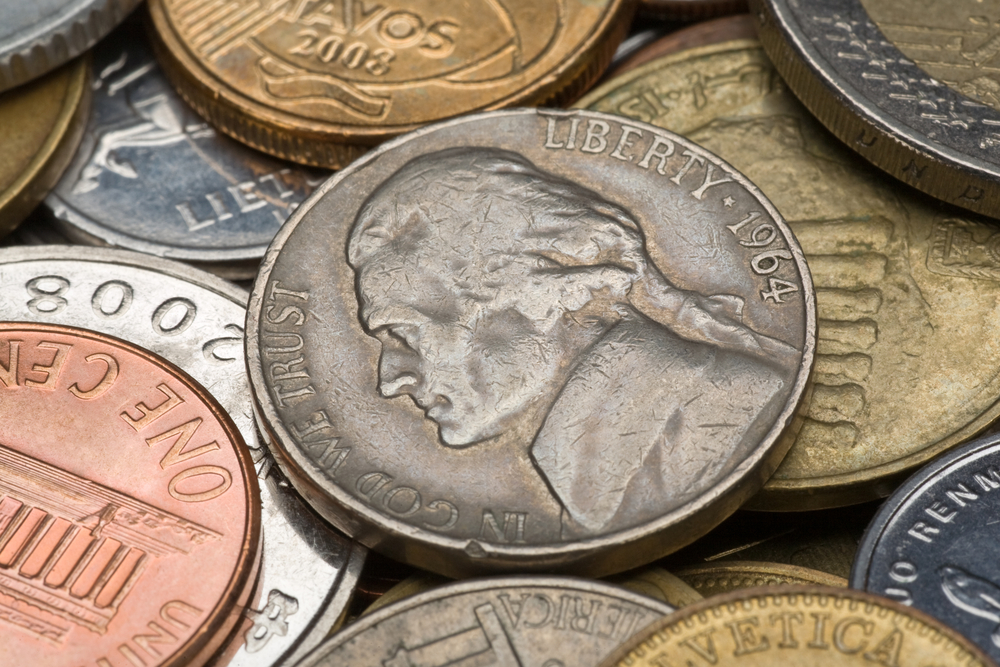
CyanogenMod and SimplyTapp join forces to offer mobile payments
CyanogenMod 9.1 and NFC payments -- curious already? The CyanogenMod team has announced a joint partnership with SimplyTapp to offer Near Field Communication payments for the Android modding community along with their latest custom ROM, CyanogenMod 9.1. The NFC app is named Tapp!, and it is offered as a separate download to the popular CM ROM.
SimplyTapp is founded by Doug and Ted, two "CM enthusiasts" that have contributed towards extending the NFC capabilities as well as to the development of CyanogenMod. So how does it work?
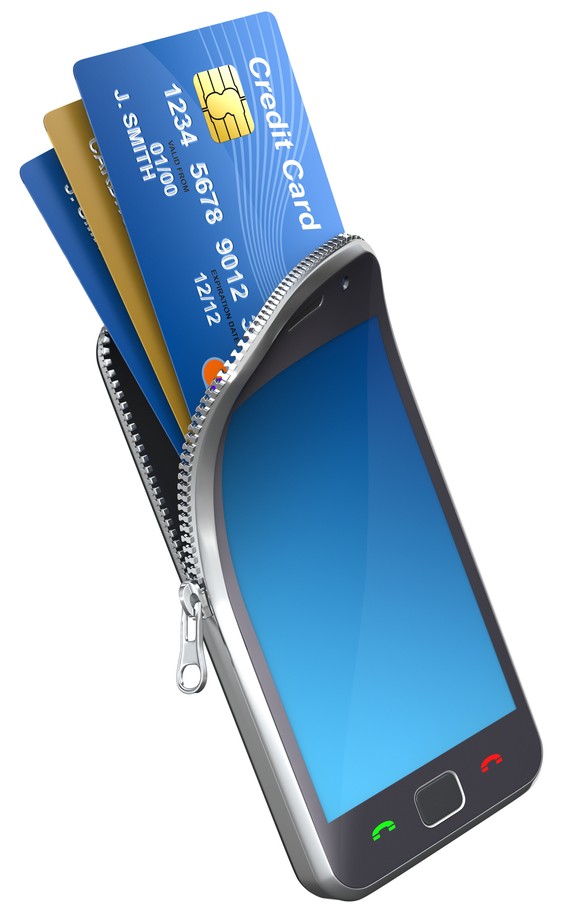
Mobile payments are coming to Europe
Credit and debit cards haven’t evolved much since their introduction. The principle behind any payment card is the same now as it was 50 years ago. You pay with a plastic card, which is the opposite of technology evolution. It’s something that’s a given in our lives: we can’t live without one. But can we?
The residents of the old Continent, Europe, are still reluctant to let go of cash, as 57 percent of all purchases are still paid the old fashioned way. Credit cards can’t change that, and it looks like nothing can that’s already on the market. The solution to this problem? An entirely new technology, near field communications.

Prepaid credit card purveyor Green Dot scoops up Loopt
Marginalized by bigger competitors such as Foursquare and Facebook, mobile location company Loopt was acquired by Green Dot, a major provider of prepaid banking services on Friday. The deal is said to be worth $43.4 million and results in the shuttering of Loopt's current service at an unspecified future date.
Loopt's technologies will be folded into Green Dot's own services. In a statement, Green Dot says Loopt's technologies will form the basis of its planned mobile wallet offering. Loopt's patent portfolio is also of interest to Green Dot, which includes technology related to mobile marketing through real-time location-based messaging. The deal is expected to close by the end of the month.
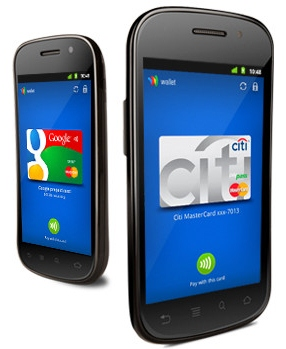
Google partners with NJ Transit for new tap-to-pay system
NJ Transit is the first public transit system to accept Google Wallet thanks to a new deal announced Wednesday between New Jersey and the Mountain View, Calif. company. The deal will allow transit riders to "tap to pay" for fares at select locations.
Google Wallet uses near-field communication (NFC) to operate, a feature that has all but become standard on most newer smartphones, but not Apple's iPhone. The service launched in select retailers last month after being in testing for much of the summer.
